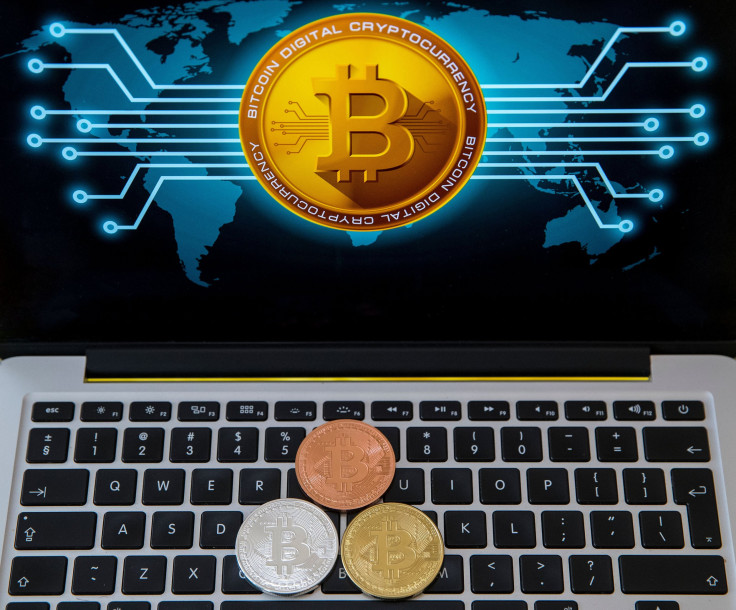Bitcoin Price Manipulation: After CFTC, DOJ Investigating Tether, Bitfinex

The Department of Justice (DOJ) has started an investigation into whether Tether, the issuer of cryptocurrency token USDT, and cryptocurrency exchange Bitfinex, were engaged in market manipulation for illegally moving bitcoin prices during December 2017 when bitcoin price touched its all-time high of almost #20,000.
Federal prosecutors had opened a broad investigation into the cryptocurrency market in May — for spoofing, or flooding the market with fake orders — and have now narrowed Tether and Bitfinex (they share their management teams), Bloomberg reported, citing three people familiar with the matter.
"While federal prosecutors opened a criminal probe into cryptocurrencies months ago, they’ve recently homed in on suspicions that a tangled web involving Bitcoin, Tether, and crypto exchange Bitfinex might have been used to illegally move prices" Bloomberg reported Tuesday, citing people familiar with the matter.
The Commodity Futures Trading Commission had sent subpoenas to both Tether and Bitfinex on Dec. 6, 2017, and DOJ is coordinating with CFTC to compare their "examinations," sources told Bloomberg.
Even if Bitfinex carried out illegal activity, the exchange operator’s executives may not necessarily be involved.
“It couldn’t be determined whether government officials are solely investigating activity that occurred on Bitfinex or if exchange executives are suspected of illegal behavior. Neither the Justice Department nor the CFTC has accused anyone of wrongdoing, and authorities may ultimately conclude that nothing illicit occurred," Bloomberg reported.
In its whitepaper,Tether claimed that every unit of USDT was backed by $1 stored in a company-owned bank account. This claim by Tether — whose cryptocurrency token has a circulating supply of 1.8 billion — was confirmed by a Washington-based law firm after a research paper by University of Texas professor John Griffin alleged Tether’s token could have been used to manipulate bitcoin’s price. The firm's banking partner, Deltec Bank, also published a letter indicating it was holding sufficient dollars to cover the outstanding USDT.
The research paper, titled: "Is Bitcoin Really Un-Tethered?" alleged that Tether occasionally operated a "fractional reserve bank," moving unbacked tethers into circulation to stabilize the bitcoin price and then selling enough bitcoins to improve its reserves. Most USDT's trade circulation happens by way of Bitfinex, which always values USDT at $1.00 regardless of its price on the global market.
"We find that purchases with Tether are timed following market downturns and result in sizable increases in bitcoin prices. Less than 1 percent of hours with such heavy Tether transactions are associated with 50 percent of the meteoric rise in bitcoin and 64 percent of other top cryptocurrencies," the research paper's abstract read.
Bitfinex, however, dismissed these allegations in October, saying it was, "indicative of a targeted campaign based on nothing but fiction." A research paper from the University of Queensland Business School later argued that Tether grants had no impact on the bitcoin price.
Speculation indicated this investigation could also be one of the reasons contributing to the downfall of the bitcoin price which was at $4484, as of 2:30 a.m. EST Wednesday.
© Copyright IBTimes 2025. All rights reserved.





















